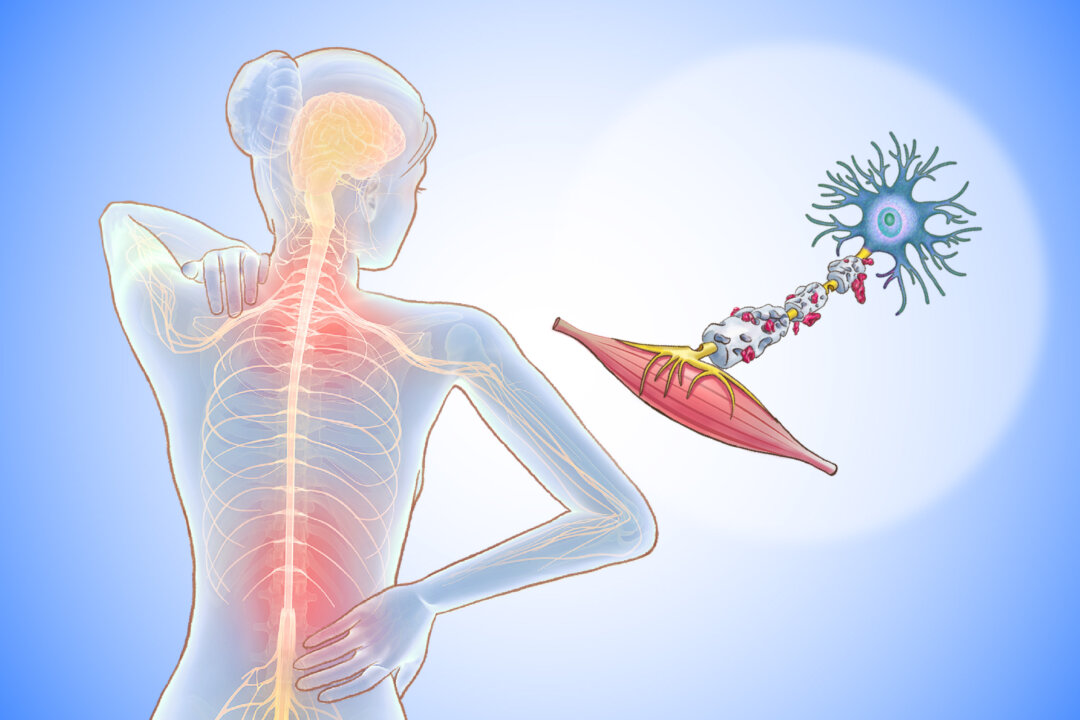Multiple sclerosis (MS) is an autoimmune disease that attacks the central nervous system, leading to significant health challenges. In this condition, the immune system mistakenly targets myelin, the protective sheath surrounding nerves. This disruption can hinder the transmission of nerve signals between the brain and the body, resulting in a wide variety of symptoms that vary from person to person.
MS predominantly affects individuals aged between 20 and 40 years, making it a leading cause of non-injury-related neurological disability in young adults. According to the National Multiple Sclerosis Society, nearly 1 million people in the United States are currently living with this condition. The disease can manifest in numerous ways, including physical, cognitive, and emotional symptoms, which can significantly impact the quality of life for those diagnosed.
Recognizing the Early Signs of MS
Early detection of MS can be challenging due to the variability of symptoms. Common early signs may include fatigue, numbness or tingling in limbs, and vision problems such as blurred or double vision. These symptoms may come and go, making them easy to dismiss at first.
Another early indicator of MS is difficulty with coordination and balance. Patients may experience dizziness or issues with walking, which can lead to falls. Cognitive symptoms, including memory issues or difficulty concentrating, can also arise. Recognizing these signs early can lead to a quicker diagnosis and management of the condition.
Managing MS: Current Treatment Options
While there is currently no cure for MS, various treatment options are available to help manage symptoms and slow the progression of the disease. Disease-modifying therapies (DMTs) can reduce the frequency and severity of relapses, thus delaying disability. Some common DMTs include interferon beta medications and monoclonal antibodies.
In addition to pharmaceutical treatments, lifestyle changes can play a vital role in managing MS. Regular exercise, a balanced diet, and stress management techniques such as yoga or meditation can help alleviate symptoms. Some individuals also explore complementary therapies, including acupuncture or dietary supplements, though these should be discussed with a healthcare provider.
As research continues, new treatment avenues are being explored. Ongoing clinical trials aim to discover innovative therapies that could improve outcomes for those living with MS. Awareness and education about the disease are crucial for early intervention and support.
Living with MS can be daunting, but a supportive network of healthcare professionals, family, and community resources can make a significant difference. By understanding the early signs and available treatments, individuals can better navigate the challenges posed by this complex condition.


































































